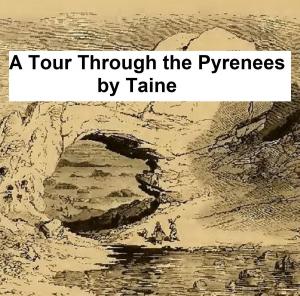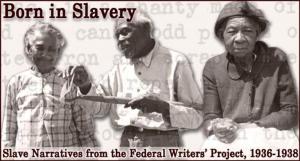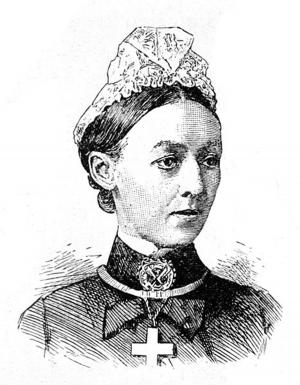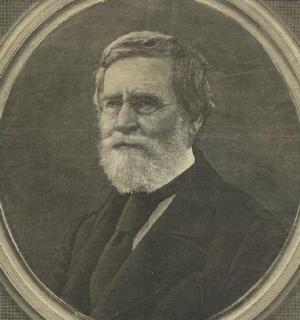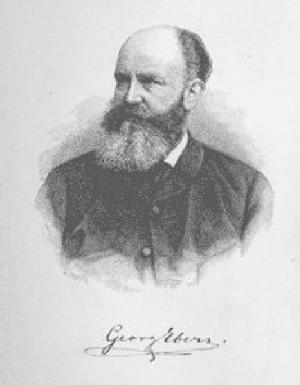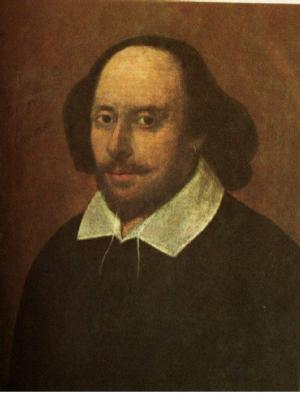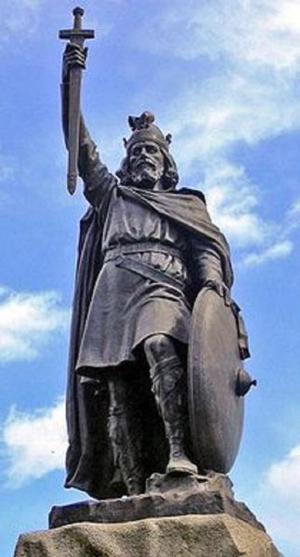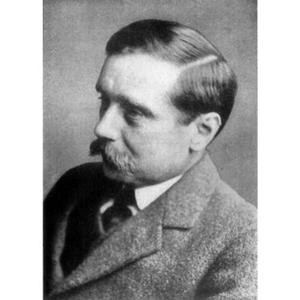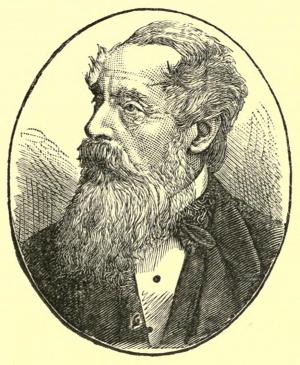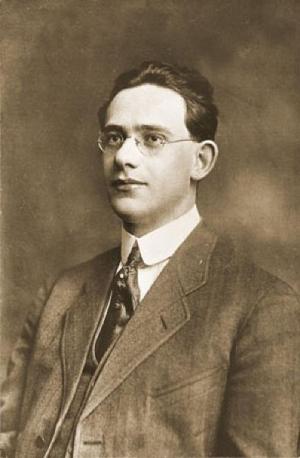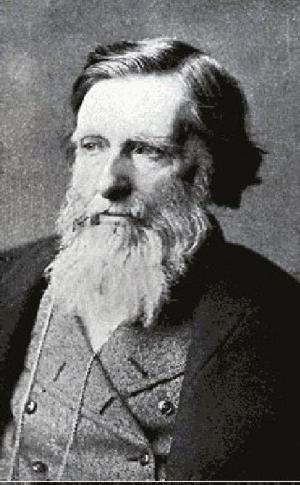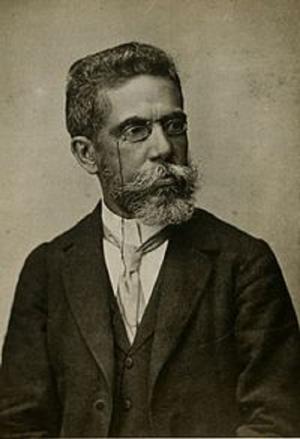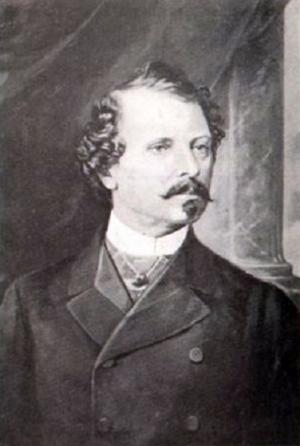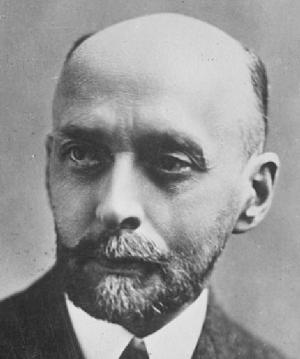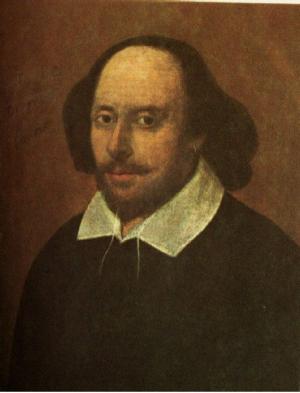History of Modern Philosophy from Nicholas of Cusa to the Present Time (1893)
Nonfiction, Religion & Spirituality, Philosophy| Author: | Richard Falckenberg | ISBN: | 9781455404575 |
| Publisher: | B&R Samizdat Express | Publication: | December 15, 2009 |
| Imprint: | Language: | English |
| Author: | Richard Falckenberg |
| ISBN: | 9781455404575 |
| Publisher: | B&R Samizdat Express |
| Publication: | December 15, 2009 |
| Imprint: | |
| Language: | English |
First published in 1893. According to the translator's preface: "The aim of this translation is the same as that of the original work. Each is the outcome of experience in university instruction in philosophy, and is intended to furnish a manual which shall be at once scientific and popular, one to stand midway between the exhaustive expositions of the larger histories and the meager sketches of the compendiums. A pupil of Kuno Fischer, Fortlage, J.E. Erdmann, Lotze, and Eucken among others, Professor Falckenberg began his career as Docent in the university of Jena. In the year following the first edition of this work he became Extraordinarius in the same university, and in 1888 Ordinarius at Erlangen, choosing the latter call in preference to an invitation to Dorpat as successor to Teichmüller. The chair at Erlangen he still holds. His work as teacher and author has been chiefly in the history of modern philosophy. Besides the present work and numerous minor articles, he has published the following: Ueber den intelligiblen Charakter, zur Kritik der Kantischen Freiheitslehre 1879; Grundzüge der Philosophie des Nicolaus Cusanus, 1880-81; and Ueber die gegenwärtige Lage der deutschen Philosophie, 1890 (inaugural address at Erlangen). Since 1884-5 Professor Falckenberg has also been an editor of the Zeitschrift für Philosophie und philosophische Kritik, until 1888 in association with Krohn, and after the latter's death, alone. At present he has in hand a treatise on Lotze for a German series analogous to Blackwood's Philosophical Classics, which is to be issued under his direction. Professor Falckenberg's general philosophical position may be described as that of moderate idealism. His historical method is strictly objective, the aim being a free reproduction of the systems discussed, as far as possible in their original terminology and historical connection, and without the intrusion of personal criticism."
First published in 1893. According to the translator's preface: "The aim of this translation is the same as that of the original work. Each is the outcome of experience in university instruction in philosophy, and is intended to furnish a manual which shall be at once scientific and popular, one to stand midway between the exhaustive expositions of the larger histories and the meager sketches of the compendiums. A pupil of Kuno Fischer, Fortlage, J.E. Erdmann, Lotze, and Eucken among others, Professor Falckenberg began his career as Docent in the university of Jena. In the year following the first edition of this work he became Extraordinarius in the same university, and in 1888 Ordinarius at Erlangen, choosing the latter call in preference to an invitation to Dorpat as successor to Teichmüller. The chair at Erlangen he still holds. His work as teacher and author has been chiefly in the history of modern philosophy. Besides the present work and numerous minor articles, he has published the following: Ueber den intelligiblen Charakter, zur Kritik der Kantischen Freiheitslehre 1879; Grundzüge der Philosophie des Nicolaus Cusanus, 1880-81; and Ueber die gegenwärtige Lage der deutschen Philosophie, 1890 (inaugural address at Erlangen). Since 1884-5 Professor Falckenberg has also been an editor of the Zeitschrift für Philosophie und philosophische Kritik, until 1888 in association with Krohn, and after the latter's death, alone. At present he has in hand a treatise on Lotze for a German series analogous to Blackwood's Philosophical Classics, which is to be issued under his direction. Professor Falckenberg's general philosophical position may be described as that of moderate idealism. His historical method is strictly objective, the aim being a free reproduction of the systems discussed, as far as possible in their original terminology and historical connection, and without the intrusion of personal criticism."

